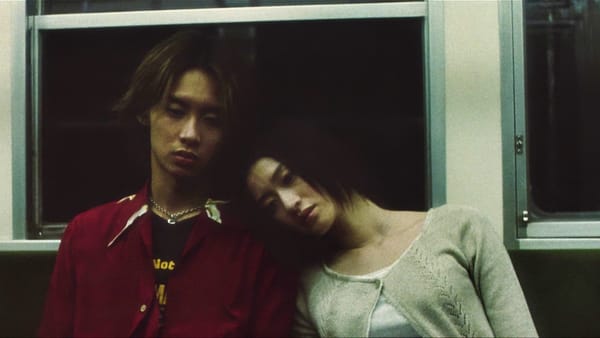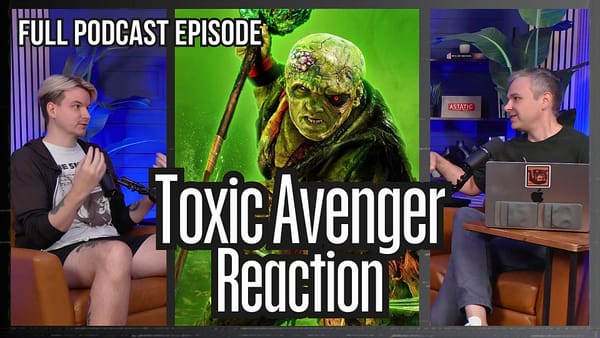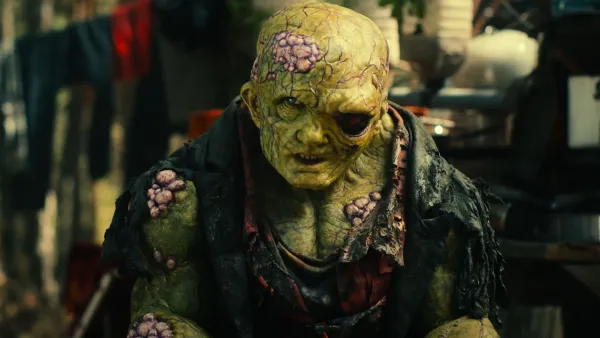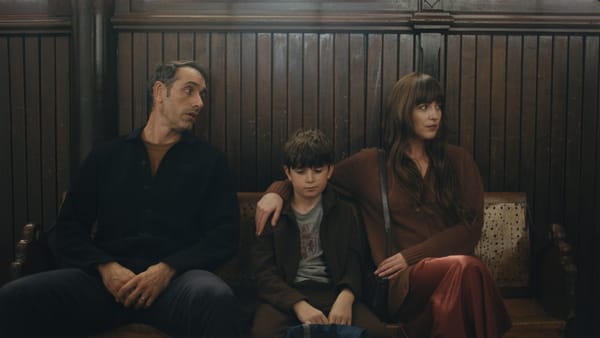Steven Soderbergh’s 'Presence': A Ghost Story Like No Other
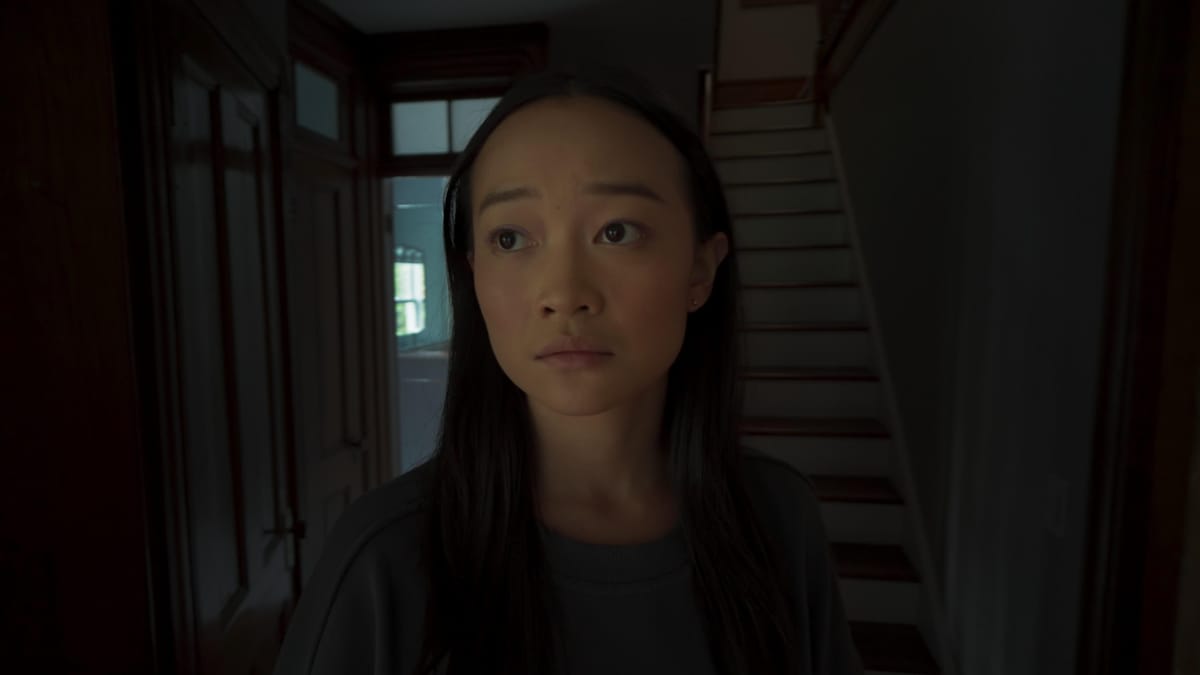
Steven Soderbergh’s Presence is one of the most gripping cinematic experiences I’ve had in a long time.
Soderbergh, who hilariously announced his retirement a decade ago, has spent the last few years directing everything from the 2018 iPhone-shot experiment Unsane to star-packed Hollywood thrillers like Black Bag, slated for release later this year.
Presence, Soderbergh’s latest release, lands somewhere between his arthouse experiments and bigger crowd-pleasers; it’s a compelling ghost story that’s both refreshingly innovative and deeply emotional.
With Presence, Soderbergh steps into the haunted house genre for the first time, and he does so with a bold narrative device: the entire story unfolds from the perspective of the ghost. Using a gliding, ultra-wide-lens camera, Soderbergh—who also served as the film’s cinematographer and editor—creates an ethereal, floating visual perspective. This constrained but novel eye immerses the viewer in the world of a lonely spirit tethered to a suburban house and mysteriously linked to the troubled family that moves in.
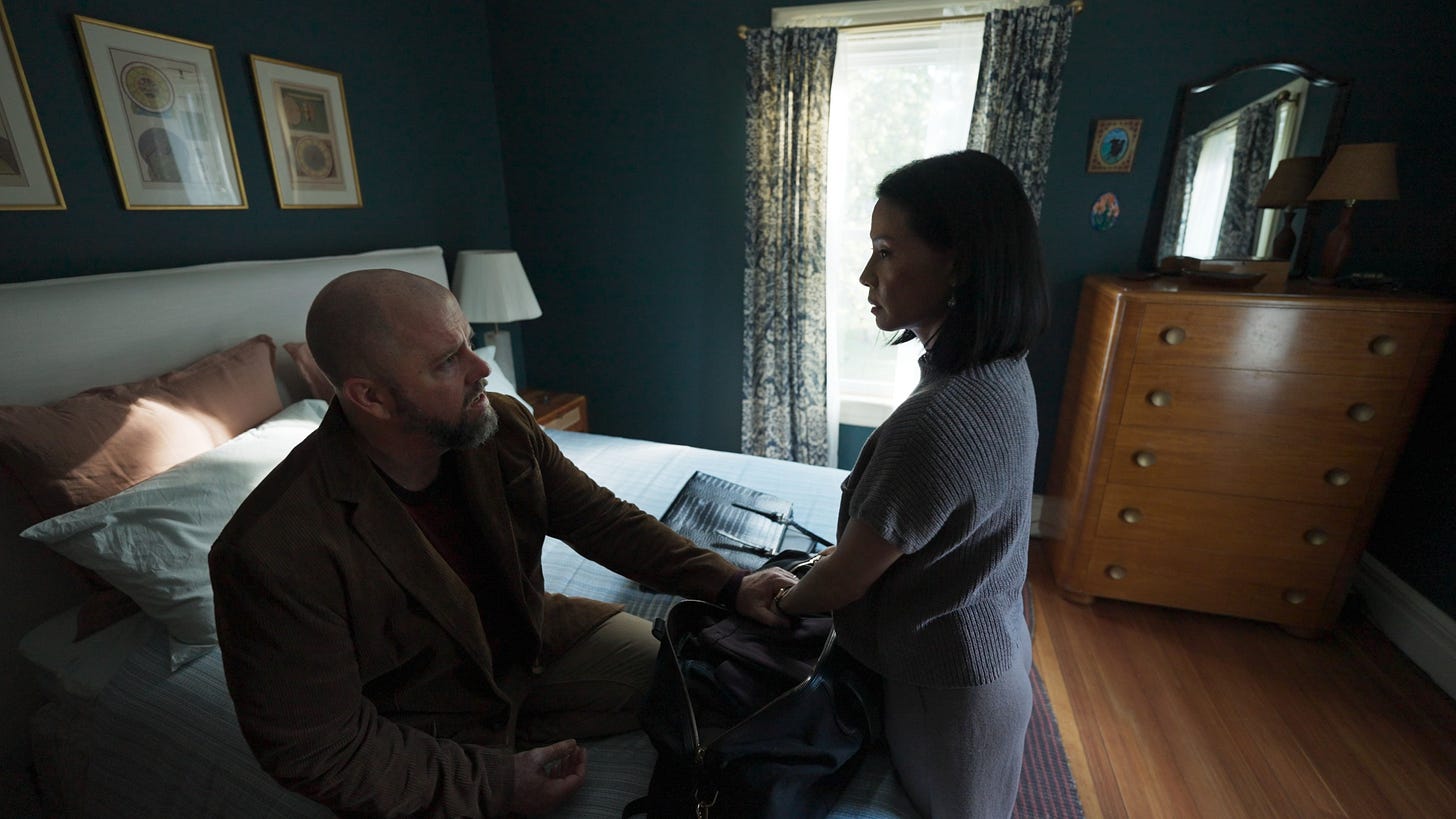
The result is a film that feels both intimate and expansive. The ghost’s omnipresent point of view allows scenes to play out in long, uninterrupted takes, with dialogue that flows naturally and performances that feel authentic. This choice elevates Presence beyond mere technical achievement—it’s an artistic marvel. The ghost’s perspective creates a sense of empathy that permeates the entire film, pulling you into the emotional lives of the characters, including the unseen “presence” itself. Plus, Soderbergh’s single-take camera scenes become incredibly riveting once real danger enters the house as the story unfolds.
David Koepp’s script explores themes of loneliness, isolation, and grief, while offering an honest and unfiltered portrayal of strained family dynamics and the challenges of parenting. At the heart of the story is a modern, upper-middle-class family on the verge of collapse. Lucy Liu delivers an impeccable performance as Rebecca, the overextended alpha mom juggling family woes with looming legal issues. Her sharp, controlled portrayal captures the constant tension of someone trying to hold everything together while barely holding on herself.
Opposite her, Chris Sullivan gives what might be the film’s most affecting performance as Steve, a loving but struggling father who feels increasingly out of his depth as a parent and partner. Sullivan brings a quiet vulnerability to the role, making Steve’s flaws relatable and his attempts at connection with his family moving. His excellent work here pretty much guarantees we’ll see him stealing scenes in major projects for years to come.
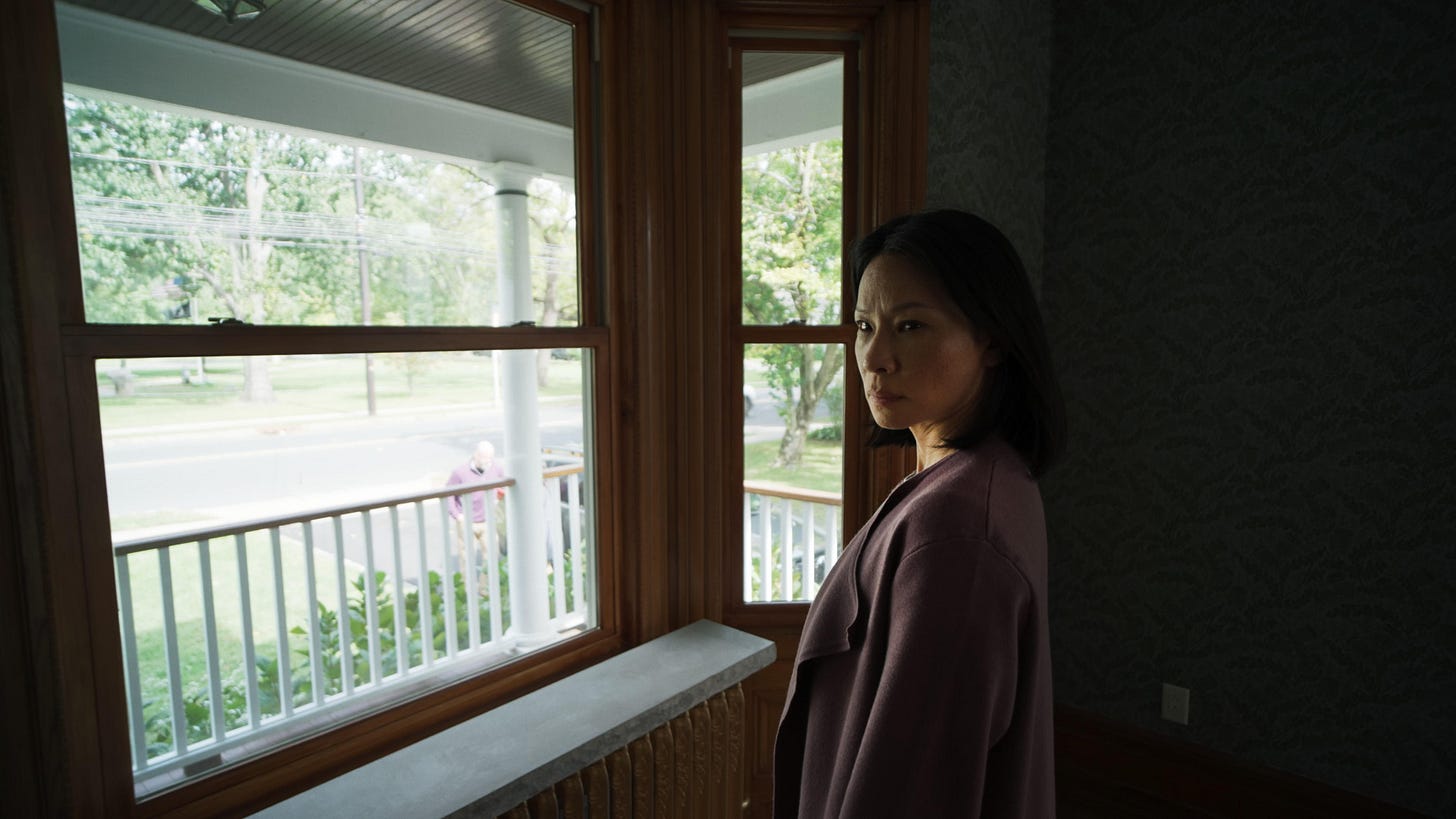
While the adults anchor the family’s story, much of the narrative focuses on their teenage daughter, Chloe, played by Callina Liang. Chloe is grieving the recent death of a friend from a drug overdose, and Liang portrays her with a heartbreaking authenticity. Her character’s pain and longing are palpable, and her attempts to connect with the ghostly presence in the house feel like a desperate search for solace.
Eddy Maday rounds out the family dynamic as Tyler, Chloe’s boisterous younger brother. His energetic, cocky demeanor provides a sharp contrast to Chloe’s introspection, and his character becomes increasingly integral to the story as the film unfolds.
The cast shines in part because Soderbergh allows their scenes to breathe. The dialogue feels unforced, capturing the rhythms of real conversation, and the long takes give the actors space to inhabit their characters fully. This approach wouldn’t work without a talented ensemble, and Presence is stacked with performers who rise to the occasion.
Soderbergh’s work behind the camera amplifies the film’s emotional and narrative depth. His floating, ghostly cinematography enhances the eerie yet empathetic atmosphere. The film’s visual style is understated but effective, eschewing flashy tricks in favor of a steady, immersive aesthetic that serves the story.
While Presence is a remarkable achievement, elements of the film still feel experimental or, to be more blunt, somewhat undercooked. The supernatural “rules” of the film can feel inconsistent, and certain elements—particularly one character’s arc—veer into overly familiar, trope-laden territory that clashes with the film’s otherwise independent spirit. And anyone expecting a more traditional horror flick will be disappointed by the lack of overt scares. Presence is less Poltergeist and more Solaris, an atmospheric meditation on grief and connection rather than a fright fest.
Yet these shortcomings hardly detract from the film’s overall impact. Presence succeeds in reimagining the haunted house genre through a fresh lens, blending technical ingenuity with emotional resonance. It’s a testament to Soderbergh’s talent and ambition that he can craft a genre film that feels both innovative and deeply human.
This is a film that lingers—not because of its scares, but because of its ability to make you feel for its characters. The ghost’s perspective isn’t just a clever gimmick; it’s a way of drawing you into the lives of the onscreen family, making their struggles and joys resonate in unexpected ways. Presence challenges what a ghost story can be, blending technical innovation with emotional depth in a way that only Soderbergh could pull off. If you’re looking for a film that’s haunting in every sense of the word, this is it.
Stay Connected with Glitch Film
🎬 Letterboxd: https://letterboxd.com/mikemoodygarcia/
🦋 BlueSky: https://bsky.app/profile/glitchfilm.bsky.social
🎙️ Podcast: https://creators.spotify.com/pod/show/glitchfilm


